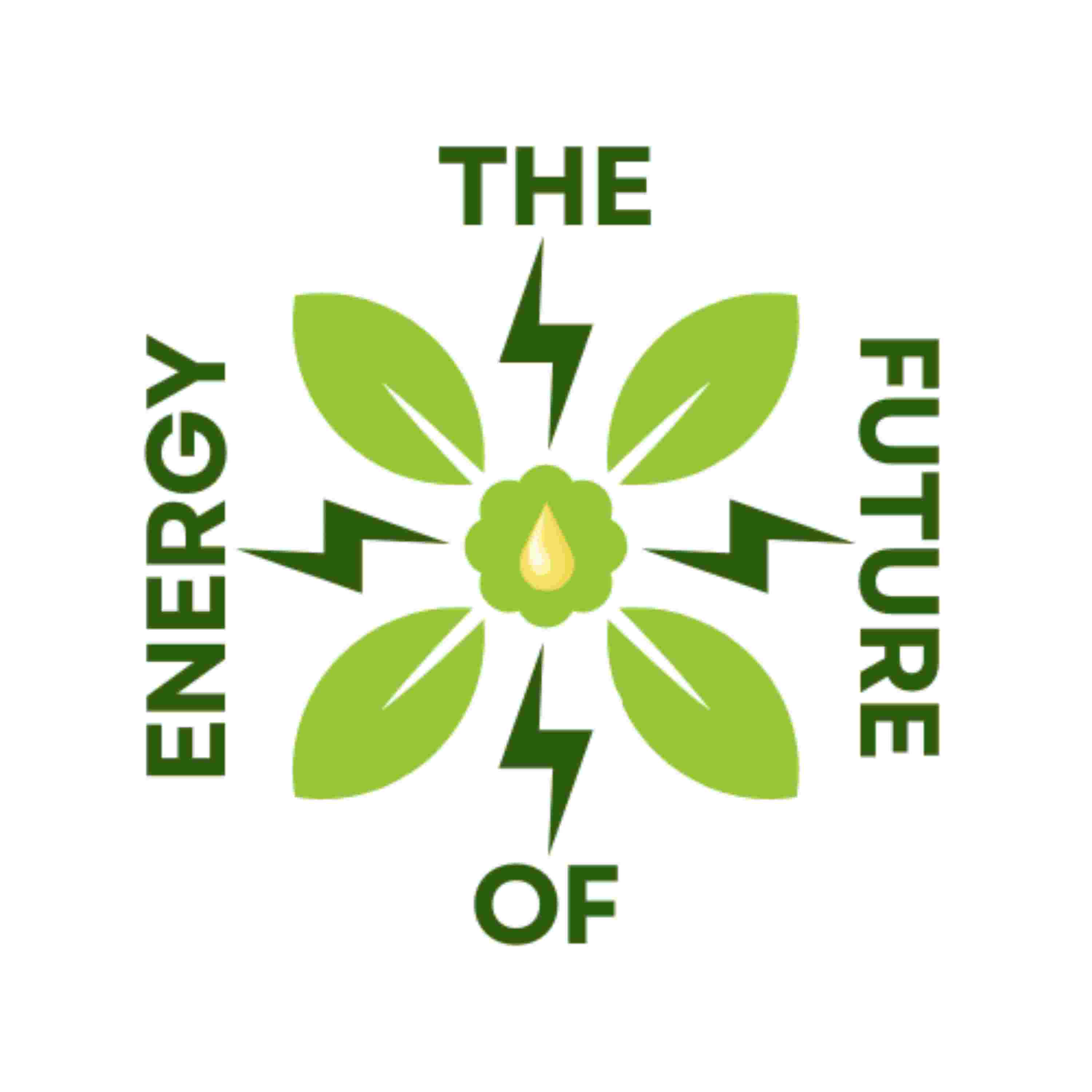

Decarbonizing the world’s electricity supply will take more than solar panels and wind turbines. EVs need on-board batteries and grid-scale storage is required to solve the intermittency problems with their alternate energy sources. Batteries are going to be a critical element in the net-zero energy chain. The critical minerals that will be needed for all those batteries is going to require a lot of new sources for lithium, graphite, nickel, copper and cobalt and hopefully a way to recycle the batteries when they are done. Yes, a lot more mining and processing the minerals as well. Chinese companies have a big share of this market right now, at least in the processing segment, but the rest of the world, including the EU and the US are trying to catch up. Currently the best grid-scale storage relies on hydroelectric systems but in most places the dams and power plants are already installed. A solution like the Tesla Power Pack provides other options. But the reality is, we need to mine for materials that the future of energy will need. In this episode we will be talking to Dr. Priscilla Nelson from the Colorado School of Mines to learn more about the past and the future of mining.References: Tailings Center, Colorado School of Mines https://tailingscenter.com/ Colorado School of Mines Mining Department https://mining.mines.edu/Mine of the Future https://www.minesnewsroom.com/news/colorado-school-mines-helping-guide-industry-forward-mine-future